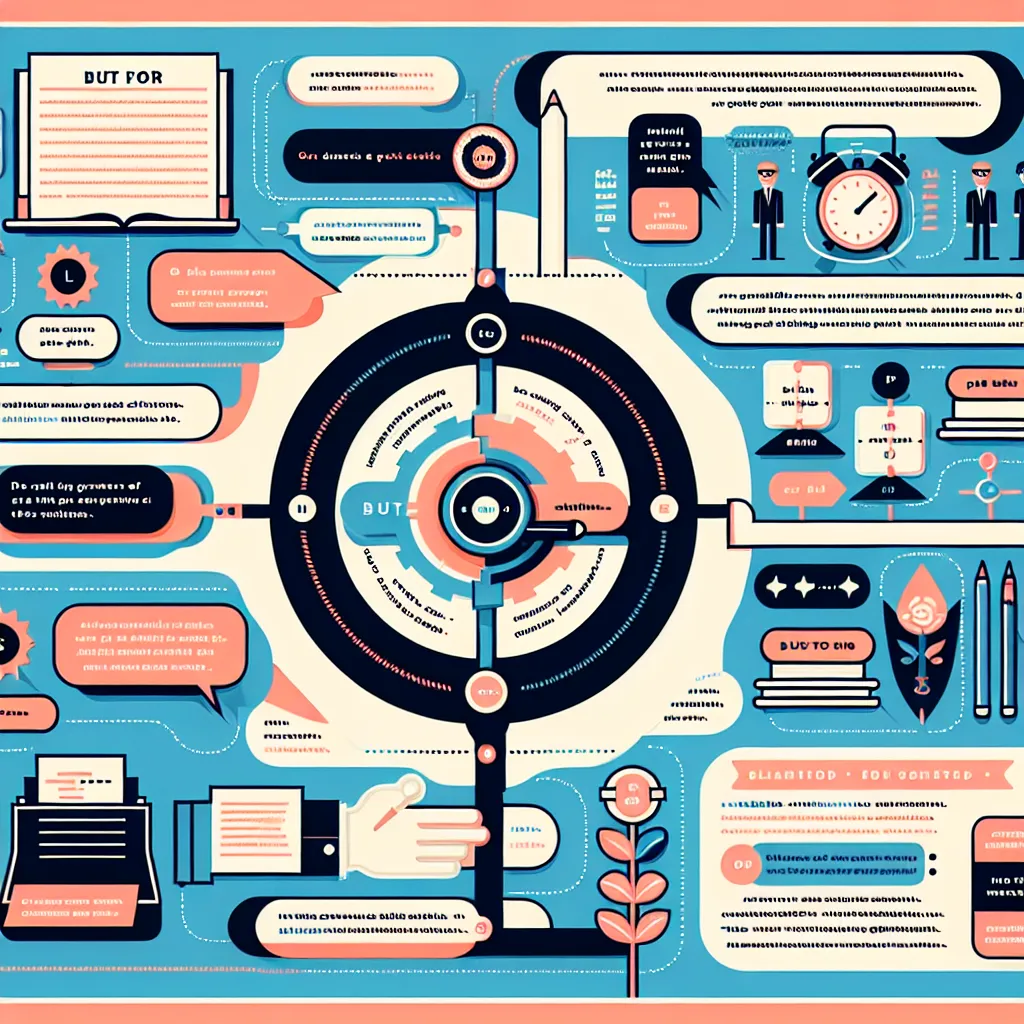Mastering the use of “but for” in conditional sentences is crucial for IELTS success. This sophisticated structure not only demonstrates advanced language skills but also allows for precise expression of hypothetical situations. Let’s dive deep into how to effectively use “but for” constructions and elevate your IELTS performance.
Nội dung bài viết
Understanding “But For” in Conditional Sentences
“But for” is a powerful phrase used to express that something would not happen or would not be true if it were not for a particular fact or circumstance. It’s equivalent to saying “if it were not for” or “without.” This structure is particularly useful in IELTS Writing and Speaking tasks where you need to discuss hypothetical situations or causes and effects.
 But For Conditional Structure
But For Conditional Structure
Grammatical Structure and Usage
The basic structure for “but for” sentences is:
But for + noun/noun phrase, + subject + would/could/might + verb (base form)
Let’s break this down with some examples:
-
“But for the rain, we would have had a picnic.”
- Meaning: If it had not rained, we would have had a picnic.
-
“But for her quick thinking, the situation could have been much worse.”
- Meaning: If she had not thought quickly, the situation could have been much worse.
-
“But for the traffic, I would have arrived on time.”
- Meaning: If there had not been traffic, I would have arrived on time.
-
“But for the scholarship, she might not have attended university.”
- Meaning: If she had not received the scholarship, she might not have attended university.
-
“But for his support, I could not have completed the project.”
- Meaning: If he had not supported me, I could not have completed the project.
Applying “But For” in IELTS Tasks
IELTS Writing Task 2
In IELTS Writing Task 2, using “but for” can help you express complex ideas about cause and effect or hypothetical situations. Here’s an example paragraph:
Topic: The impact of technology on education
“But for the rapid advancement of technology, many educational opportunities we take for granted today would not exist. Online courses, virtual classrooms, and instant access to vast information resources have revolutionized learning. However, but for proper guidance and digital literacy education, these tools could potentially widen the educational gap between those who can effectively use technology and those who cannot.”
This paragraph demonstrates how “but for” can be used to discuss both positive and negative hypothetical scenarios, showcasing a nuanced understanding of the topic.
IELTS Speaking Part 3
In the Speaking test, particularly Part 3 where you discuss abstract ideas, “but for” can help you express sophisticated thoughts:
Question: How might your country be different without immigration?
“But for immigration, my country would likely have a very different cultural landscape. Immigration has brought diverse perspectives, cuisines, and traditions that have enriched our society. Moreover, but for the influx of skilled immigrants, certain sectors of our economy might have struggled to grow as rapidly as they have.”
Using “but for” in this way demonstrates your ability to speculate about alternative scenarios, a key skill for achieving high band scores in IELTS Speaking.
Advanced Usage and Variations
To further enhance your IELTS performance, consider these advanced applications of “but for”:
-
Combining with other conditionals:
“But for the new policy, which was implemented last year, we would still be facing the same environmental challenges today.” -
Using in passive constructions:
“But for the efforts of volunteers, many endangered species would have been lost by now.” -
Incorporating into complex sentences:
“While technology has its drawbacks, but for its integration into education, many students would be deprived of learning opportunities that are now considered essential.”
Common Mistakes to Avoid
-
Incorrect verb form:
- Incorrect: “But for the rain, we will have a picnic.”
- Correct: “But for the rain, we would have a picnic.”
-
Misplacing “but for”:
- Incorrect: “We would have a picnic but for the rain.”
- Correct: “But for the rain, we would have a picnic.”
-
Using with present or future situations:
- Incorrect: “But for the traffic, I will be on time.”
- Correct: “But for the traffic, I would be on time.”
-
Forgetting the comma:
- Incorrect: “But for his help we couldn’t have finished.”
- Correct: “But for his help, we couldn’t have finished.”
Enhancing Your IELTS Score with “But For”
To achieve higher band scores in IELTS, it’s crucial to use “but for” accurately and effectively:
-
Band 6: Basic use of “but for” in simple sentences.
Example: “But for the rain, we would go out.” -
Band 7: Correct use in more complex sentences.
Example: “But for the government’s swift action on climate change, the environmental consequences could have been far more severe.” -
Band 8-9: Sophisticated use combined with other advanced structures.
Example: “But for the foresight of early environmentalists, who tirelessly advocated for sustainable practices long before they became mainstream, we might now be facing even more dire ecological challenges, underscoring the importance of visionary thinking in addressing global issues.”
Conclusion
Mastering the use of “but for” in conditional sentences can significantly enhance your IELTS performance. It allows you to express complex ideas about cause and effect, hypothetical situations, and alternative scenarios with precision and sophistication. Practice incorporating this structure into your writing and speaking to demonstrate advanced language skills and boost your chances of achieving a high band score. Remember to use it accurately and in context, and you’ll be well on your way to IELTS success.


